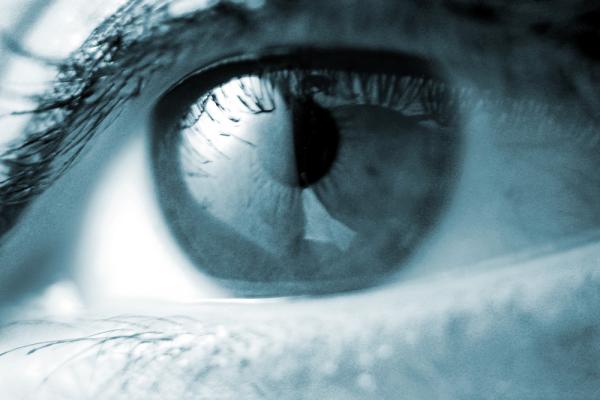Now we see but a poor reflection as in a mirror;
then we shall see face to face.
Now I know in part;
then I shall know fully,
even as I am fully known.
(1 Corinthians 13:12)
I've been navel gazing again and wondering how we come to know ourselves. I wonder what that right balance is between our inner-barometer of self-knowing and that external one that people reflect back to us. "Ubuntu," (I am because of who we are) or all the various "I am..." statements: "I think therefore I am" (Descartes) or "I am what I am and that's all that I am" (Popeye)...What statements might we add to this list? Bishop Desmond Tutu expands the notion of Ubuntu thusly:
One of the sayings in our country is Ubuntu – the essence of being human. Ubuntu speaks particularly about the fact that you can't exist as a human being in isolation. It speaks about our interconnectedness. You can't be human all by yourself, and when you have this quality – Ubuntu – you are known for your generosity. We think of ourselves far too frequently as just individuals, separated from one another, whereas you are connected and what you do affects the whole World. When you do well, it spreads out; it is for the whole of humanity.
I'm trying to wrap my mind about how we construct the self. Judith Butler, Catherine Bell (ritualization) and others inhabit my mind lately. Ritual, tradition, story, identity... the list goes on and on ...
The reason this is on my mind is because of this article from the Atlantic, "Is Facebook Making Us Lonely?" It's really about much more than Facebook, of course. Articles about Facebook sell magazines. The article is more about how we can isolate, how technological innovation and, more accurately, the affluence that must preexist such innovation and popularization, is marked by one's ability to separate oneself from others ... to flee from the conflict, perhaps, that comes with any set of relationships. "With money, you flee the cramped city to a house in the suburbs or, if you can afford it, a McMansion in the exurbs, inevitably spending more time in your car. Loneliness is at the American core, a by-product of a long-standing national appetite for independence ..." So, it's not Facebook. Of course not. We find all kinds of ways to be alone and potentially lonely. We can reify it and call it "Independence." We can laud the solitary individualist, the person apart. There are, of course, risks.
I'm pondering all this and wondering if there's any such thing as the self in isolation. As one who isolates rather habitually (One does not have to be physically alone to isolate), I wonder if we can actually know ourselves in such isolation. One chief aspect of self-knowledge is recognizing who we are not; another, the reflections that people offer us. Sometimes we simply cannot see ourselves...our foibles and faults or our worth and beauty. Sometimes we can lie to ourselves. Masks happen.
I wonder if masks and self-delusion are inevitable aspects of the self. When someone says "We must come to know our authentic selves" (a popular line among some present day religionists), I want to say, "Show me a part of yourself that is not mediated in some way." Knowing ourselves outside of the process of mediation is impossible.
Authenticity is a great thing, but even authenticity is mediated. That we devalue mediation, the interation of a variety of perceptions simultaneously, is something to consider and to question. Not all mediation is negative or delusional. Mediation happens. It may be that our best and most holy selves are mediated selves.
Tripp Hudgins is a doctoral student in liturgical studies at the Graduate Theological Union in Berkeley, Calif., and associate pastor of First Baptist Church of Palo Alto, Calif. You can read more of his writings on his longtime blog, "Conjectural Navel Gazing; Jesus in Lint Form" at AngloBaptist.org. Follow Tripp on Twitter @AngloBaptist. This video post was edited by Jordan Krumbine of Horbawrong Studios.
Eye photo, Greg Soybelman/Shutterstock.com
Got something to say about what you're reading? We value your feedback!
